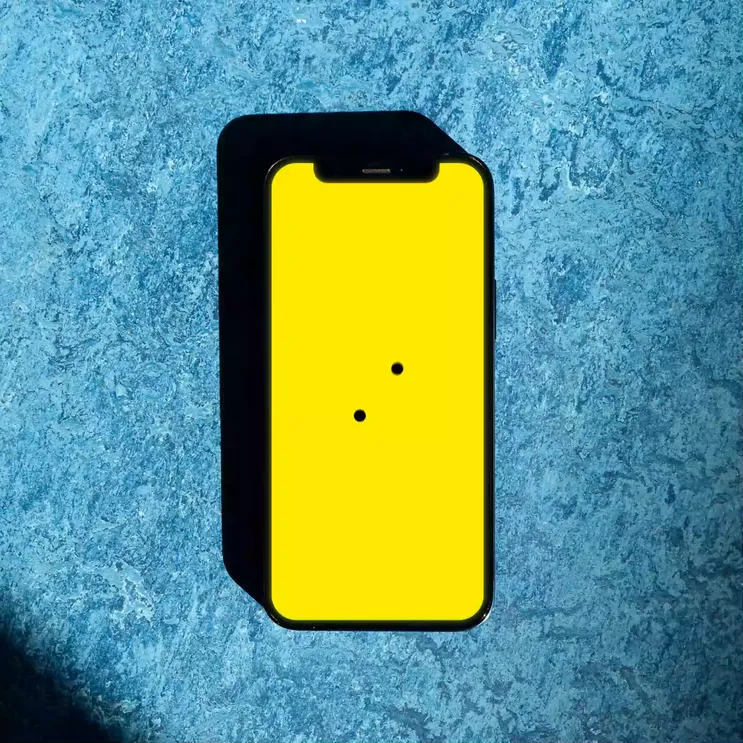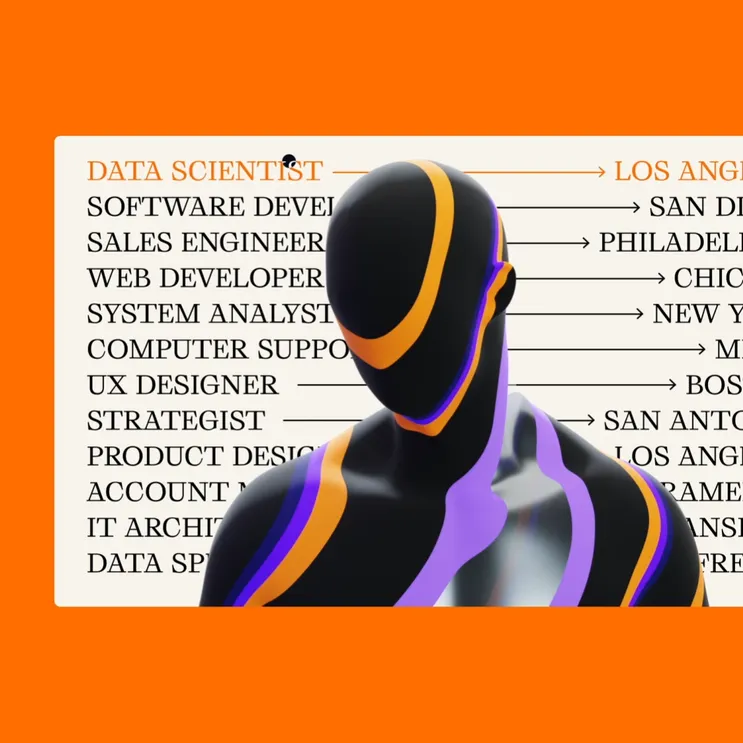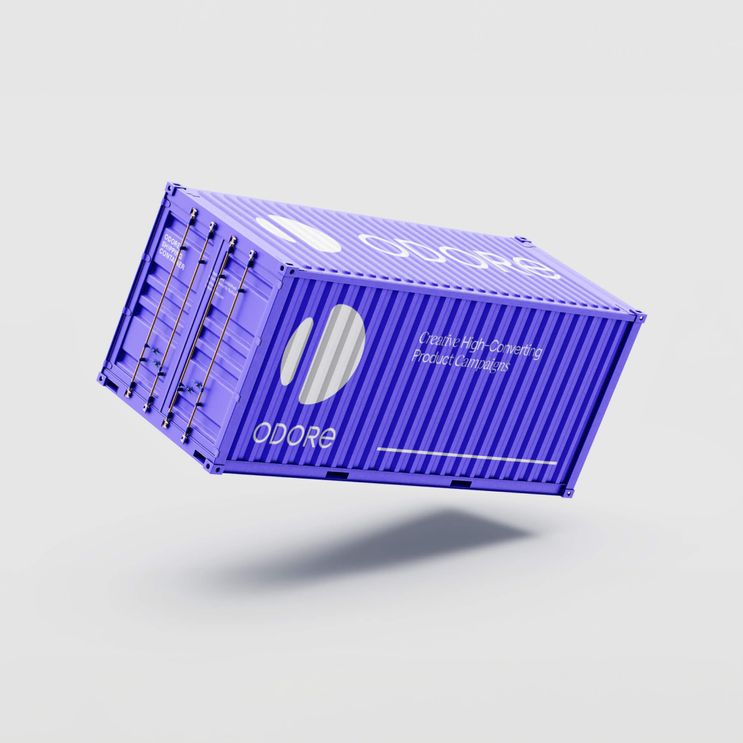Growth
5 min read
Brand Telepathy: The Future of Direct Mind Marketing?
Ah, the future, where anything is possible!
Flying cars, personal robots, and now, Brand Telepathy. Mind reading might sound like a plot from a science fiction movie, but in the marketing world, it might become the next big thing. Prepare to be astounded and maybe a little terrified, as we dive into what a new world of direct mind marketing could be like.
What is Brand Telepathy?
Just to be clear, no, marketers aren’t turning into X-men.
Brand Telepathy doesn’t involve supernatural powers, but it does leverage state-of-the-art technology and neural insights. It’s a step beyond traditional advertising, going straight into customers’ brains (not literally, of course) to understand their desires, preferences, and motivations at a deeper level.
At its core, Brand Telepathy is about decoding customers’ neural signals to craft personalised marketing strategies. So, imagine, instead of those repetitive retargeting ads of that product you googled once, you could be getting product recommendations that truly reflect your needs and desires. A daunting prospect? Perhaps. But an exciting one too.
How Will Companies Use It?
Let’s take an imaginary leap into this telepathic marketing world.
Imagine you’re strolling in a smart city where digital billboards interact with your neural interface device. As you pass by, the billboard scans your preferences and projects a personalised advertisement. If you’re a coffee aficionado, you might see an ad for a new specialty coffee shop. If you’re a tech geek, perhaps the latest gadget hits the billboard. It’s all about you, every ad, every time.
In the virtual world, e-commerce platforms could use Brand Telepathy to refine their recommendation engines. Ever got frustrated by the random ‘you might also like’ suggestions? With the new technology, these engines could know exactly what you want, even before you do.
Moreover, companies like Disney could potentially use Brand Telepathy to create immersive experiences, like theme parks that adapt to each visitor’s preferences, creating personalised adventures that truly resonate.
Think Apple, for instance, creating devices that adapt their interface based on your cognitive load, or a Siri that knows your mood.
Picture Procter & Gamble crafting products with neural responses to sensory experiences, or Nike tailoring your workout based on your physical and mental state. Consider Netflix taking personalisation a step further, curating your watchlist based on neural responses to different content. Even Tesla could join the party, creating cars that switch to autonomous mode when the driver’s drowsy or stress levels rise.
The Ethics Behind Brand Telepathy
While Brand Telepathy sounds like a marketer’s dream, it does raise significant ethical questions. The most pressing of these revolves around privacy. Are we comfortable with companies gaining access to our neural data? It’s a big question, with no easy answer.
However, the same was said for internet privacy two decades ago. Over time, society has grown more accepting of data sharing, as long as there’s transparency about how it’s used and assurances of security. Neural data will likely follow a similar path, with regulations and standards put in place to ensure that our brainwaves are as protected as our search histories.
In addition, companies will need to maintain consent as a cornerstone of their marketing strategies. Customers should have the right to opt-out of neural marketing and to control how much of their data is accessible. After all, it’s not just about what companies can do, but what they should do.
To Infinity and Beyond?
The future is a strange and wonderful place, and Brand Telepathy is just one example of how technology could revolutionise our lives. Sure, the concept might be a little unnerving, but remember how outlandish online shopping seemed back in the day?
The challenges are immense, but if done right, Brand Telepathy could usher in an era of marketing that’s more personalised, effective, and yes, a little mind-boggling. The journey into our minds has just begun. So, buckle up, and get ready for a wild ride.
If you are interested in learning how cutting-edge branding can elevate your marketing strategy by visiting our main branding page.























